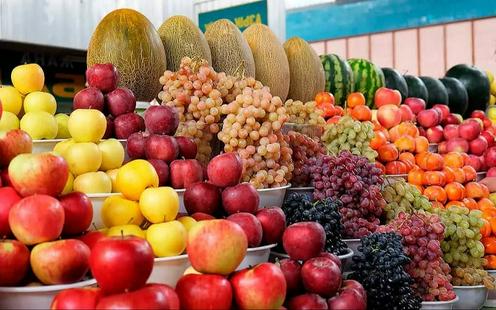Uzbek entrepreneurs engaged in the production and sale of fruits and vegetables have been granted tax and customs incentives aimed at increasing exports of these goods, according to a presidential decree signed by Shavkat Mirziyoyev and summarized by the Ministry of Justice.
Under the new policy, valid until January 1, 2028, businesses that sell fruit and vegetable products in modern packaging will be eligible for a 1 percent corporate income tax rate and a 1 percent payroll tax for their employees. To qualify, however, companies must meet the following criteria:
✅ Monthly wages for each employee must be at least twice the official minimum wage (2.3 million soums, or about $180);
✅ At least 50 percent of total income for the tax period must come from the sale of fruit and vegetable products.
Additionally, until April 1, 2027, a 1 percent customs duty will apply to imported equipment used for planting, harvesting, and sorting legumes.
The decree also outlines specific export targets for agricultural products. This year, Uzbekistan aims to increase fruit and food exports to $3.5 billion, up from $1.5 billion in 2024. Of this, $442 million in sales should come from new markets in 2025, and $575 million in 2026.
Entrepreneurs are expected to obtain phytosanitary export permits for 30 new types of products to eight different countries by the end of the year. The government also aims to attract $40.5 million in investment projects focused on packaging production for fruits and vegetables.
The document further stipulates that agricultural enterprises with land holdings of at least five hectares will be allowed to build cold storage facilities, drying and processing units, packaging infrastructure, and water storage facilities along the edges of their plots — using no more than 1 percent of the total land area, and not exceeding 0.2 hectares.
In 2025–26, agricultural cooperatives involved in fruit and vegetable production will be reimbursed by the government for 25 percent of their sorting and packaging costs, up to 3,000 soums ($0.24) per package.
To qualify, cooperative members must complete training on preparing and exporting their products and receive certification through the Edukarantin.uz system. Notably, these businesses will also be ranked via the Agroko’makchi mobile app, with operations categorized into green, yellow, or red zones based on performance.










